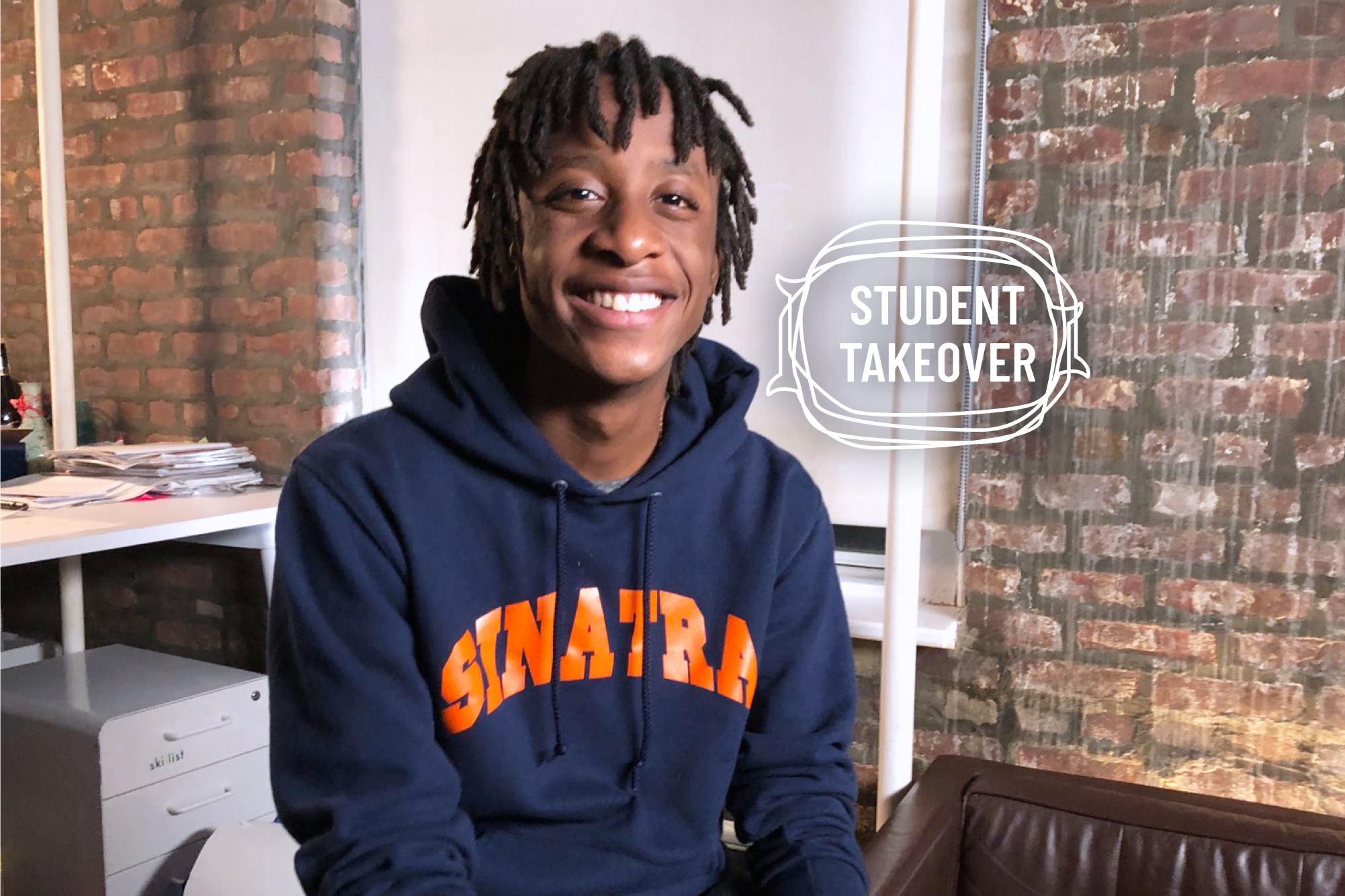This personal essay is part of the Chalkbeat Student Takeover: a weeklong project meant to elevate the voices of students at this pivotal moment in America. Read more from the takeover here.
“Hey Emmett!” a white kid yelled at me as we were playing dodgeball during my sixth grade gym class. I didn’t know what the insult meant, but some kids on the other side of the court started snickering and made jokes about my whistling. Our gym teacher didn’t hear what was going on, so it continued until the period ended.
Later that day when I arrived home, I looked up “whistling and Emmett’’ and learned about the 1955 lynching of Emmett Till, after he was alleged to have whistled at a white woman. I was obviously aware that black Americans faced a history of racism, but not entirely aware of how it affected people today. I live in a culturally diverse neighborhood in Queens and have gone to predominantly Black schools, and this was my first experience with racism. To think that kids thought it was OK to make fun of the lynching of 14-year-old Emmett Till felt awful to me.
Following the incident at school, I looked up Black figures like Nanny of the Maroons, Marcus Garvey, and Dr. Martin Luther King Jr. I learned about the civil rights movement, which then led me to learn more about America’s criminal justice system. I was shocked to read this statistic from the NAACP: Black men are incarcerated at a rate of five times that of white men.
I also read about the tragedy of Kalief Browder, a 16-year-old boy from the Bronx who was accused of stealing a backpack. He was jailed on Rikers Island for three years — mostly in solitary confinement — because he didn’t have enough money for bail. After his release, he died by suicide. Browder’s story hit too close to home. Men who have served time are known to often return home defeated, with an almost lifeless look in their eyes.
It’s tempting to look away. But Bryan Stevenson, an activist and lawyer who has become an inspiration to me, says to get proximate — close enough to those who are suffering — instead of seeing ourselves as separate and different.
Stevenson says that the opposite of poverty is justice, and the true measure of our character as a nation is how we treat the poor, the disfavored, the accused, the incarcerated, and the condemned. Kalief would not have spent so many years in prison — without ever being convicted of a crime — if he were from a wealthy family who could afford bail and had access to lawyers who saw him as someone worthy of representation.
The Black Lives Matter (BLM) movement has also been an inspiration. BLM has pushed people to acknowledge the systemic oppression of Black people by highlighting cases of police brutality and the unjust criminal justice system as a whole. Ahmaud Arbery, Breonna Taylor, and most notably George Floyd have become recent symbols of this oppression.
Although the death of George Floyd took place 65 years after the murder of Emmett Till, I see a similarity. Till was brutally mutilated and murdered, and his mother left her son’s coffin open to show what racism did to her son physically, and to offer a symbol of what other Black people in America experience. The same could be said about the video of George Floyd’s death. One difference is the national outrage happening today feels like America is awakening now to the extent of police brutality.
While racism and discrimination may not be solved overnight, I’m working on solutions. I am a chapter leader of My Brother’s Keeper, an organization dedicated to helping young men of color gain access to the resources and mentors necessary to thrive. I am also a mentor and student with Youth Justice Court, a program that allows teens to rule on petty cases and provide an alternative response to youth crime in their community.
By working for these organizations, I hope to assist other young people of color to dream big, meet those expectations, and even exceed them. That’s my goal, to encourage and nurture, in a way that fosters creativity and growth, one person at a time. By empowering myself and other young Black men, I want to help create a world where people like Emmett Till, Michael Brown, and George Floyd will never again be murdered with impunity.
Josiah Alexander, 16, is completing 11th grade this June at Francis Lewis High School in Queens, New York. This essay originally appeared in Youth Communication’s Inside Voices and was adapted for Chalkbeat.








